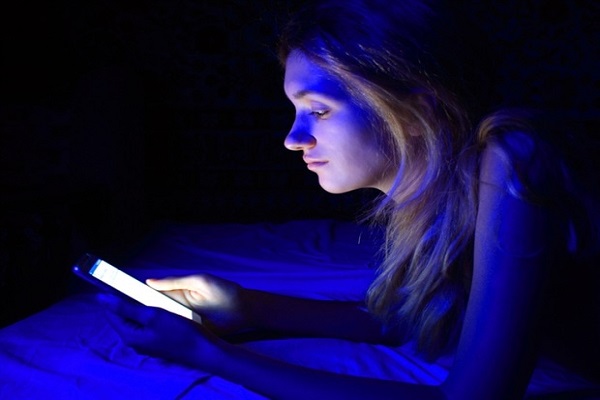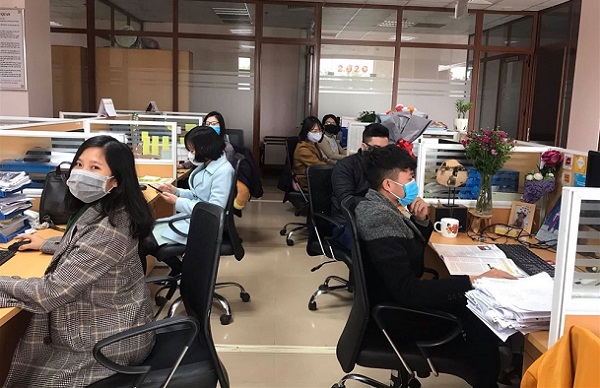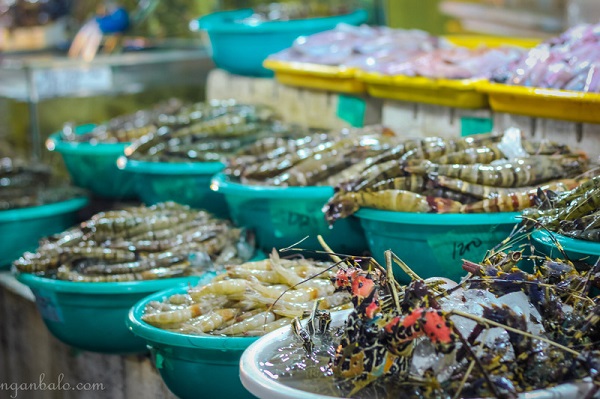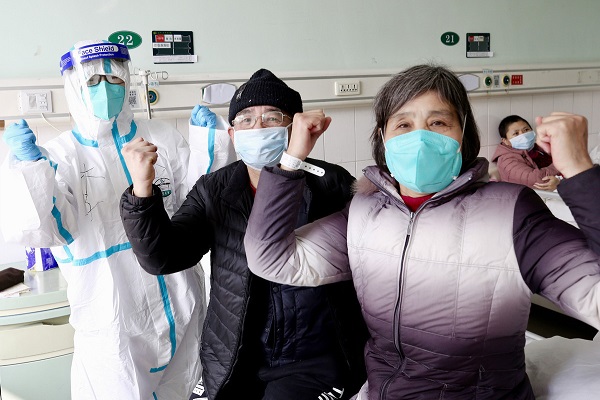2020-02-19 02:45:13
It turns out that smartphone features like Night Light and Night Shift — which tint the screen to reduce blue light and help users fall asleep — don’t actually help users fall asleep. In fact, tinting your screen may actually be worse.
![]()
According to a study conducted by the University of Manchester, using Night Light on Android or Night Shift on iOS to make your display more ‘yellow’ is worse than leaving it in the regular untinted ‘blue’ mode.
Initially, the reasoning behind changing the color of your phone screen was based on some rather sound principles. The human eye contains a protein called melanopsin, which reacts to the intensity of light. In other words, your eye reacts to light with a shorter wavelength — perceived as blue — and theoretically stimulates your brain to let it know it’s daylight and not time to sleep. Thus, the night mode options on smartphones adjust the color of the screen to reduce blue light and prevent your eyes from telling your brain it’s still day.
However, the University of Manchester suggests there’s more going on here than we know. In a blog post about the study, the university noted that the marginal benefits of tinting your phone screen to make it more yellow is outweighed by your eyes’ ability to detect color.

Your eyes respond more to yellow light than blue light
In research conducted on mice, the university found that color-sensing cone cells in the eye may be more responsive to yellow light than the response of melanopsin to blue light. In other words, using your phone in night mode may actually increase the stimuli from your eyes telling your brain it isn’t time for sleep.
Of course, there are a few things to be aware of here. First off, the study was conducted on mice, not people. Second, the university didn’t conduct the study on a microbiological level — instead, the study was observational and it drew conclusions from mice who were exposed to different colors of light at identical brightnesses.
But there may also be merit to the study. If you think about the color of light as it appears throughout the day, dawn and dusk usually have bluer light than during the day, which has yellower light. It would make sense that our biological clock would respond to color as described by the researchers.
Ultimately, if you want to sleep better, get off your phone at night. You can tweak and adjust the colors and brightness of your display all you want, but you won’t fall asleep using your phone.
If you’re currently using night mode on your phone, it’s pretty easy to turn off. On iOS, head to Settings > Display & Brightness > Night Shift. On Android, head to Settings > Display > Night Light. Some Android phones will use a different name for the feature — Samsung, for example, calls it the ‘Blue light filter’ — but regardless what it’s called, the setting should be accessible in the Display menu.
Source: University of Manchester Via: Android Police
Should you have any questions, please do not hesitate to contact us:
City International Hospital
- Phone: (8428) 6280 3333, ext. 0
- Address: No. 3, 17A Street, Binh Tri Dong B Ward, Binh Tan Dist. (Next to AEON Mall Binh Tan). Ho Chi Minh City.
- Website: https://cih.com.vn/en/
- Email: This email address is being protected from spambots. You need JavaScript enabled to view it.
Pharmacity Clinic (Managed by City International Hospital)
- Clinic location: 44 Quoc Huong, Thao Dien, District 2, Ho Chi Minh City.
- Helpline: (028) 700 3350 - 093 357 6086
- Clinic hours: 7:30 a.m. - 8:30 p.m.
- Consultation fee: 70,000 dong per visit.
General disclaimer
Always consult your doctor regarding any concern about your health. Your doctor will be in the best position to give the appropriate medical advice. For suspected undesirable drug reaction and seek medical attention immediately.



















